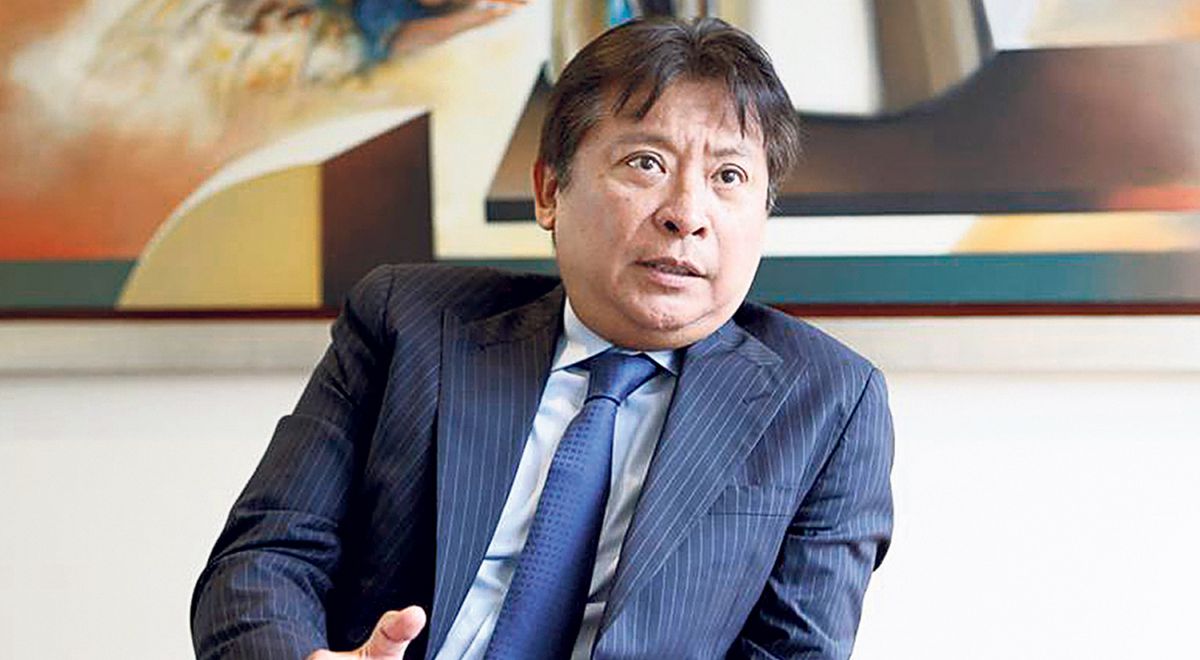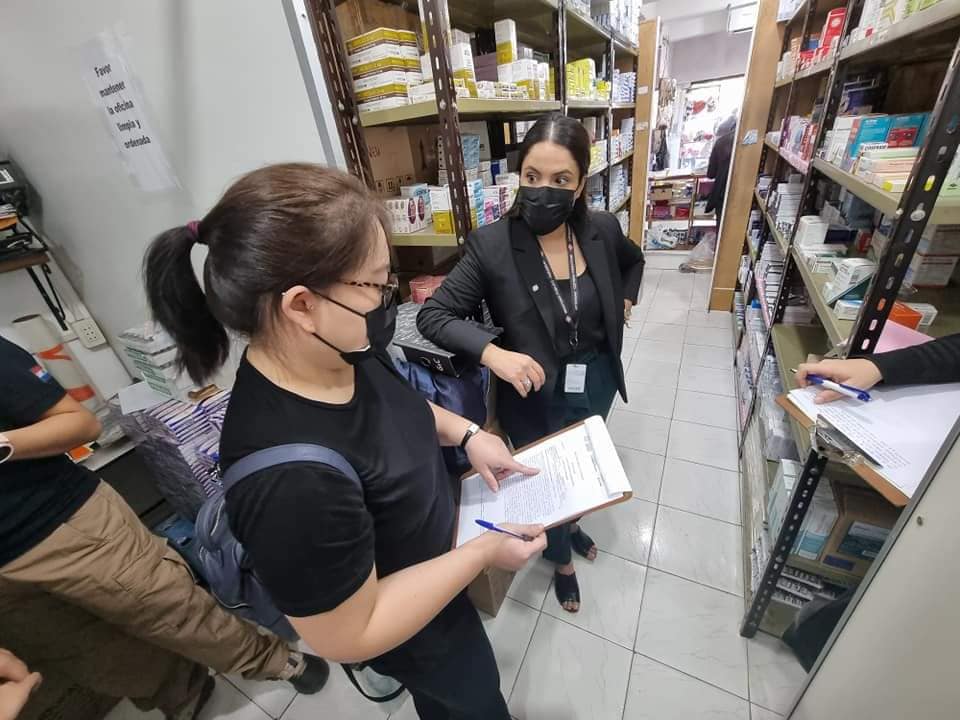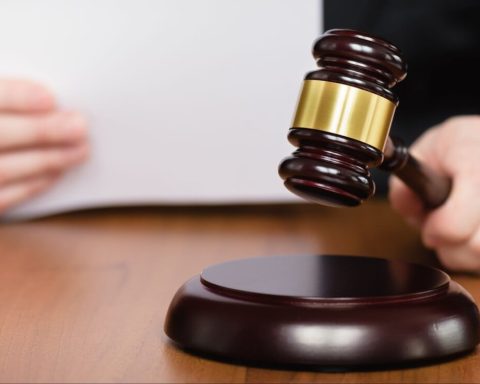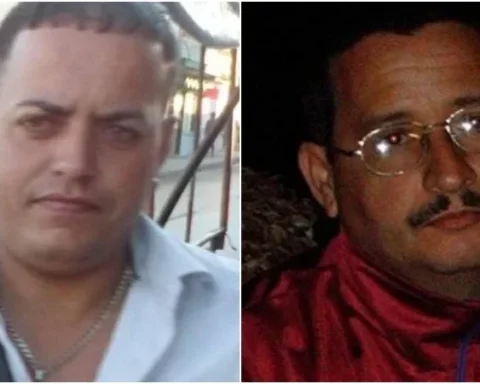The fishing entrepreneur Oscar Pena Aparicio left the underground and returned home, free of arrest warrants. Known as ‘The King of Black Fish’, he dropped off the public radar in January 2019 and, Despite the fact that at the time the police offered up to 50,000 soles for any data that would allow his location and capture, they never found it.
Little by little his lawyers managed to turn around his critical legal situation. First, with a habeas corpus, they managed to annul the sentence of up to 7 years in prison that was imposed on him in Callao, in January 2019, for an alleged transaction in the sale of the land of the former Oquendo estate.
More recently, in a resolution that generates an important legal precedent, the Criminal Chamber of the Supreme Court annulled the prison order that was imposed on him in December 2020, for the case of The White Necks of the Port.
YOU CAN SEE: Prosecutor’s Office raids 4 properties of Zamir Villaverde after court order
The supreme judges annulled the preventive detention, despite the opposition of the Prosecutor’s Office, by acknowledging that Peña Aparicio was secretly providing information that is helping to reveal acts of corruption in the judicial system.
It is the first time that the judges consider that the adoption of the effective collaboration procedure -although it is not expressly mentioned in the judicial resolution- it varies the reasons or the dangerousness that justified the ordering of preventive detention.
Also, This information was not contributed to the debate by the Prosecutor’s Office, but for the defense of the businessman, in charge of the lawyer Julio Espinoza Goyena.
YOU CAN SEE: Who is Marita Barreto, superior prosecutor and leader of the new Special Team against the Corruption of Power?
The Supreme Prosecutor claimed that the preventive detention order remained in force until the effective collaboration was prosecuted. In other cases, the judges lifted a preventive detention order for an aspiring collaborator, only when the prosecutors requested it.
In the case of Peña Aparicio, the Supreme Court indicates that It is significant that “he provided information that allowed various people to be accused of various acts. for corruption and related crimes, in which the Prosecutor’s Office requested that he be summoned as a witness.
In addition to has allowed “other investigations to be carried out in at least five cases arising from alleged crimes of function committed by high-ranking public officials.”
YOU CAN SEE: The Public Ministry opens an investigation into the kidnapping of the “Fourth Power” journalists
The judicial resolution recognizes the contributions made by Mr. Peña Aparicio, although Not to mention that he is an effective collaborator, as he is a reserved defendant.
By revoking the preventive detention, the judges imposed a restricted appearance on the aforementioned businessman with the obligation to appear every 30 days at the Supreme Court of Investigation, not to be absent from Lima, impediment to leave the country and the payment of a deposit of 50 thousand soles.
Fishing businessman Óscar Peña would have made illicit payments to judges in Callao to obtain a precautionary measure. Photo: diffusion
Concern in the Prosecutor’s Office
The resolution of the Supreme Court in the Peña Aparicio case has generated concern in the Anti-Corruption Prosecutor’s Office, for the possibility that other applicants for effective collaboration seek to obtain judicial benefits, outside the negotiations.
YOU CAN SEE: Bruno Pacheco’s 100 fugitive days: tweeting from hiding and asset imbalances
For the prosecutors of the anti-corruption system, an aspiring effective collaboration should only obtain benefits, such as lifting a preventive detention order, only when the collaboration process has been approved.
cases
Other defendants, such as Zamir Villaverde, could use this precedent to gain his freedom.


















